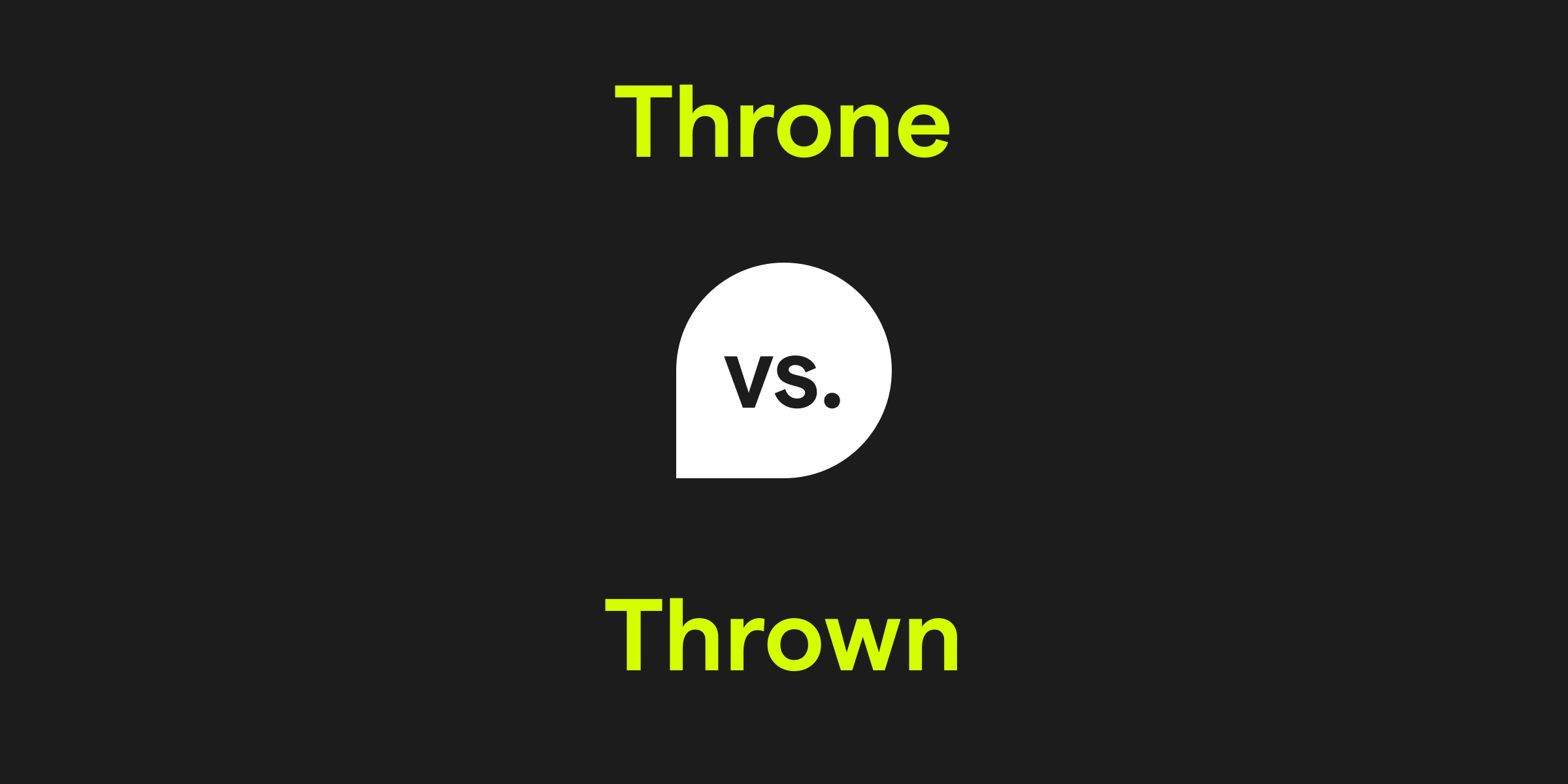Throne vs. Thrown: What's the Difference?
Throne and thrown are two words that often cause confusion due to their similar pronunciation but have entirely different meanings. A throne is a ceremonial chair for a sovereign or a dignitary; it represents authority and power in a monarchy. On the other hand, thrown is the past participle of the verb 'throw', which means to propel something with force through the air by a movement of the arm and hand.

How do you use the word throne in a sentence?
The word throne is used to denote the official seat or chair that symbolizes the authority of a ruler or a high-ranking official. It is used in contexts related to royalty, leadership, and power, and can be metaphorical when referring to someone's dominant position in other settings.
Examples of throne in a sentence
- The queen sat upon the throne, addressing her loyal subjects.
- In the game of corporate politics, he was always fighting to keep his throne at the top of the hierarchy.
- The throne room was adorned with gold and precious stones, a symbol of the empire's wealth.
How do you use the word thrown in a sentence?
The word thrown is used when talking about an object that has been propelled or flung into the air. As the past participle of 'throw', it's commonly used in perfect tenses or passive voice constructions, referring to the action of tossing or hurling something.
Examples of thrown in a sentence
- The vase was thrown to the floor in a fit of rage, shattering into pieces.
- She had been thrown from the horse but managed to walk away without any serious injuries.
- The ball was expertly thrown by the quarterback, right into the receiver's hands.
Throne and thrown definition, parts of speech, and pronunciation
Throne definition:
A throne is a noun referring to a ceremonial chair for a sovereign or a high-ranking dignitary, often used as a symbol of authority or power.
Throne parts of speech:
Throne pronunciation:
Throne is pronounced as /θroʊn/, rhyming with 'alone' and 'bone'.
Thrown definition:
Thrown is the past participle of the verb 'throw', meaning to propel something into the air with force.
Thrown parts of speech:
Thrown pronunciation:
Thrown is pronounced as /θroʊn/, identical to 'throne'.
A throne is a noun referring to a ceremonial chair for a sovereign or a high-ranking dignitary, often used as a symbol of authority or power.
Throne parts of speech:
- As a noun: The golden throne was the centerpiece of the ceremonial hall.
Throne pronunciation:
Throne is pronounced as /θroʊn/, rhyming with 'alone' and 'bone'.
Thrown definition:
Thrown is the past participle of the verb 'throw', meaning to propel something into the air with force.
Thrown parts of speech:
- As a verb (past participle): The paper airplane was thrown with surprising accuracy.
Thrown pronunciation:
Thrown is pronounced as /θroʊn/, identical to 'throne'.
Throne vs. thrown in a nutshell
Though throne and thrown sound alike, they serve different linguistic purposes. Throne is a noun that denotes a chair signifying royal power or authority, while thrown is the past participle of 'throw', indicating the action of propelling something through the air. Understanding the context in which each word is used will clarify its meaning, as one refers to a physical object linked with royalty and the other is associated with an action completed in the past.
Get AI Writing Assistance Wherever You Type
Make sure your vocabulary is on point and every punctuation mark is in the right place, no matter where you’re working. Grammarly works across more than 1 million websites and apps so you can improve your writing without copying, pasting, or breaking focus.

More Commonly Confused Words
Interest piqued? Pore (not pour) over other commonly confused words to help your writing reach peak (not peek) performance.